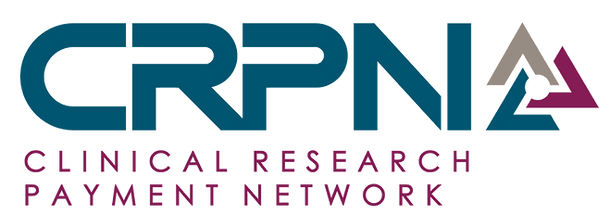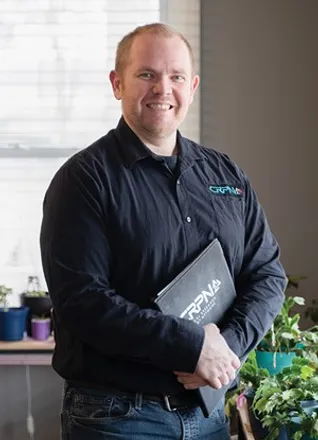The Illinois Times interviews Dr. Fox about CRPN and Centrall Illinois’s new clinical research site, Land of Lincoln Clinical Research.
“A lot of my background for this is very personal,” says Dr. Daniel Fox of his interest in clinical research. “I lost my daughter to a rare disease, and I’m a scientist. I know how things should be happening. I work to develop drugs, write patents, manufacture and ship to clinical research sites. I did my tour and toured the entire industry to learn it. I could not believe what’s happening.”
Fox recently resigned from Springfield Clinic, where he had worked since late 2018 as managing director of the clinical research lab. He switched his focus in order to serve his industry in a way that he hopes will revitalize and reinvigorate it.
“We’re in trouble,” relates Fox, noting that “the physician who does research is an endangered species.” Seventy percent of physicians who try out research manage only one trial before switching interests. “Most are over 70 years old and have a hard time attracting younger physicians to replace them,” says Fox. He believes part of the reason younger physicians are not attracted to the field is because of the treatment of clinical research sites by pharmaceutical companies and their middlemen, contract research organizations.
Always the innovator, Fox began the Clinical Research Payment Network to collect data in order to invent a credit score for pharmaceutical companies based on how they treat clinical sites, especially in terms of prompt payments. Fox says he has received good feedback from both clinical research sites and pharmaceutical companies as the credit score has evolved to “become a culture of accountability that we do not yet have in this industry.”
Although the major medical groups in Springfield all conduct research trials, the opportunities for individuals in the area to participate in a variety of trials is limited. Because of this, Fox recently created Land of Lincoln Clinical Research (LoLCR), an independent research group “dedicated to bringing innovative research opportunities into central Illinois that we do not otherwise have. There are so many patients who are qualified for research here who are not given that opportunity,” he says.
Fox explains that if someone has a rare condition, the closest place conducting trials is likely to be in St. Louis or Minnesota, but not everyone has the means or health to travel that distance. “It is a really big problem in the Midwest. It’s something that we need to fix and break down barriers of research so we can have access to this life-saving technology.”
Often these trials are the only way to access experimental, life-saving treatments that may not yet be approved by the Food and Drug Administration. Previously, these potentially life-saving treatments were not accessible to patients without the means or health to travel. LoLCR plans to provide clinicians to do the boots-on-the-ground work of drawing blood, taking vitals or whatever else the trial may need, without requiring the patient to travel. Fox notes that even if that patient’s life cannot be saved, the data from the research done could potentially save lives in the future.
Fox says another big challenge in research is convincing a physician to refer a patient to a doctor running a trial because “that physician doesn’t want to lose revenue or control of care for their patient.” Working with new vendors and innovating new practices, Fox hopes to be able to offer physicians the opportunity to put their patient into a trial without losing revenue. Physicians would not need to be researchers also, but rather could focus on being “proctors of care” to transition to what Fox calls the future of research: “a complete integration into health care so it’s seamless for patient and doctor. They can go to their doctor’s office and have access to care.”
Fox hopes to have established the administrative offices of LoLCR and to have trials up and running by next year, though he says, “We still have a lot of infrastructure to grow. For this to succeed, it’s going to take community support. I know the community needs it, but I need support from doctors, and patients are most important part. If patients aren’t on board, we can’t do research.”
Fox notes the global clinical trials industry is expected to nearly double by 2030, and he hopes to collaborate with Springfield-area physicians and investors to see this project to fruition.
“If you were to travel to other places and you saw this infrastructure in action, you’d think, ‘Why can’t we have this?’ Springfield is already the hub for central Illinois, and to have this in the center of the state would be huge. It would be an absolute public health advantage if we can open up the research gates for our central Illinois citizens.”
https://www.illinoistimes.com/news-opinion/making-springfield-a-research-hub-16206511


